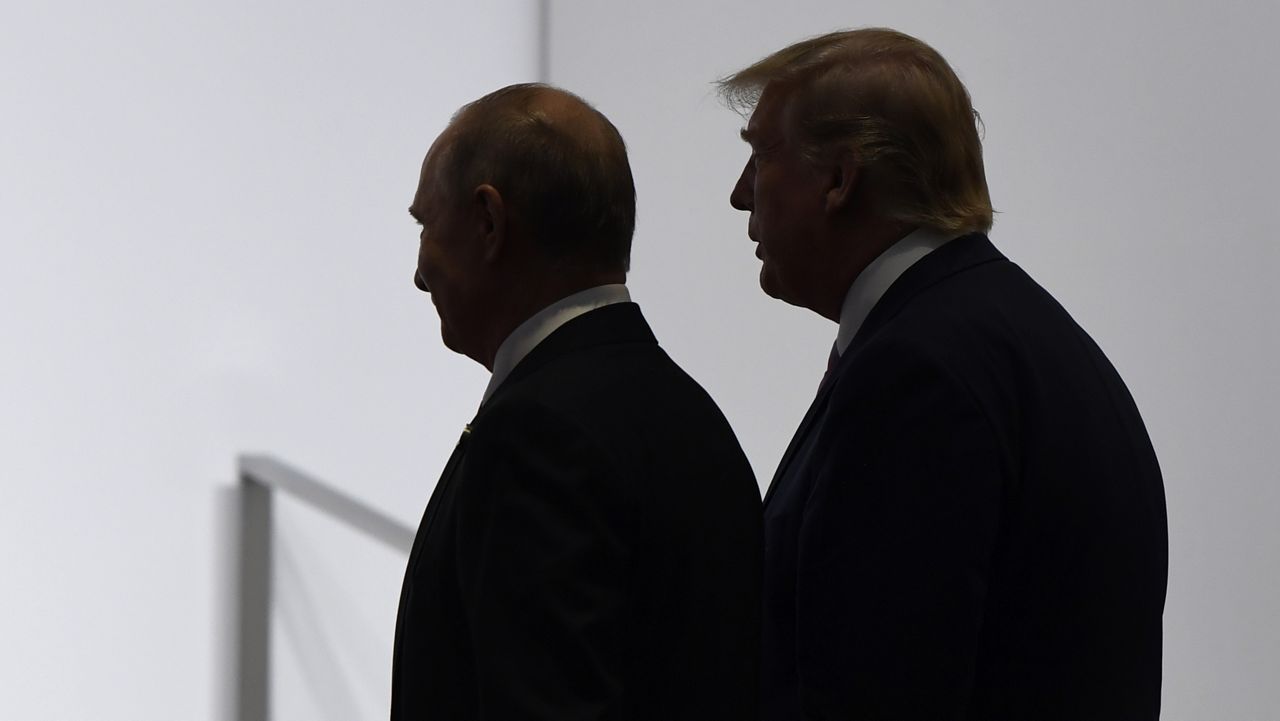WASHINGTON, D.C. — The Senate intelligence committee concluded that the Kremlin launched an aggressive effort to meddle in the 2016 presidential contest on behalf of Donald Trump as the Republican-led panel on Tuesday released its fifth and final report in its investigation into election interference.
The Senate panel described its report, totaling more than 1,300 pages, as “the most comprehensive description to date of Russia’s activities and the threat they posed.” The bipartisan investigation lasted almost three and a half years, much longer than the other probes.
The report purposely does not come to a final conclusion, as the other reports did, about whether there is enough evidence that Trump’s campaign coordinated or colluded with Russia to sway the election to him and away from Democrat Hillary Clinton, leaving its findings open to partisan interpretation.
A group of Republicans on the panel submitted “additional views” to the report saying that it should state more explicitly that Trump’s campaign did not coordinate with Russia. But Democrats on the panel submitted their own views, arguing that the report clearly shows such cooperation.
Former special counsel Robert Mueller concluded in a report issued last year that Russia interfered in the election through hacking and a covert social media campaign and that the Trump campaign embraced the help and expected to benefit from it. But Mueller did not charge any Trump associates with conspiring with Russians.
The Senate investigation also delved into areas of great interest to Trump that were not explored by Mueller. Those include the FBI’s reliance on a dossier of opposition research compiled by a former British spy whose work was financed by Democrats.
Sen. Marco Rubio of Florida, the committee’s acting chairman, said in a statement that the committee was troubled that the FBI had been willing to use the dossier “without verifying its methodology or sourcing” as it applied for secret surveillance warrants against a former Trump campaign adviser.



